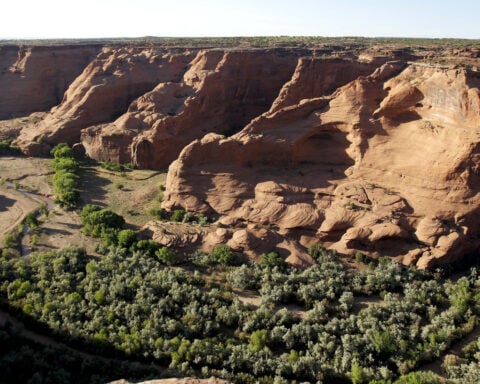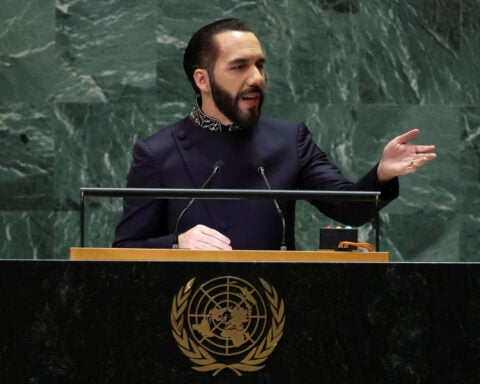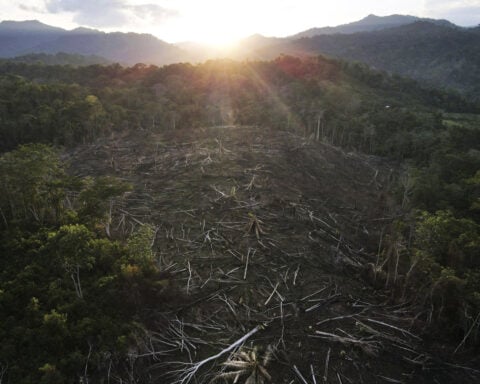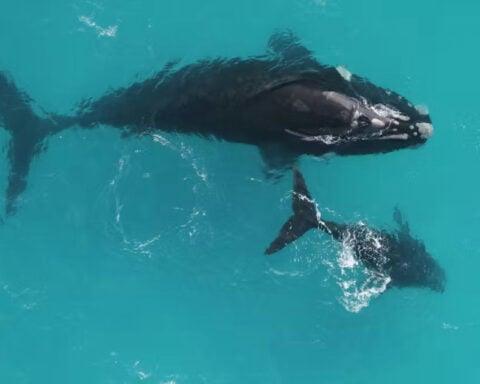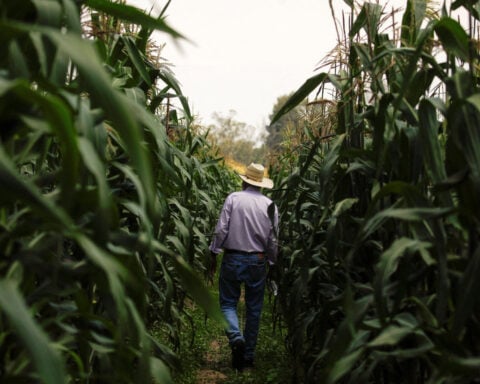SACRAMENTO, Calif. - California has reached a milestone of two million zero-emission vehicles sold, maintaining its position as the nation’s leader in clean vehicle adoption. The achievement comes as Gov. Gavin Newsom announced plans to revive the state’s clean vehicle rebate program if the incoming Trump administration eliminates federal tax credits for zero-emission vehicles.
The state crossed the two million vehicle threshold just over two years after surpassing one million zero-emission vehicle (ZEV) sales. During the third quarter of 2024, Californians purchased 115,897 ZEVs, accounting for 26.4% of all new vehicle sales in the state.
“Consumers continue to prove the skeptics wrong – zero-emission vehicles are here to stay,” Newsom said. “We will intervene if the Trump Administration eliminates the federal tax credit, doubling down on our commitment to clean air and green jobs in California. We’re not turning back on a clean transportation future — we’re going to make it more affordable for people to drive vehicles that don’t pollute.”
Newsom's proposed rebate program would replace the Clean Vehicle Rebate Program, which ended in 2023 after funding more than 594,000 vehicles and saving over 456 million gallons of fuel. The new rebates would be funded through the state’s Greenhouse Gas Reduction Fund, which receives money from polluters under California’s cap-and-trade program.
California’s commitment to zero-emission transportation extends beyond consumer vehicles. The state has allocated $102 million for installing charging stations and hydrogen fueling stations for zero-emissions trucks along the 5 Freeway and other key freight corridors. An additional $500 million has been designated to deploy 1,000 ZEV school buses.
The state has made substantial progress in developing charging infrastructure to support the growing number of electric vehicles. Currently, 150,000 public or shared private electric vehicle chargers and more than 500,000 at-home chargers have been installed throughout California.
Federal support has bolstered these efforts. California received over $32 million in federal funds from President Biden’s Infrastructure Investment and Jobs Act to install, operate and maintain 458 direct-current fast chargers along interstates and highways. The state has secured approval for an additional $81.7 million in federal funding for the coming year.
State agencies are working to accelerate charger deployment through various initiatives, including gathering improved data on charger counts, prioritizing shovel-ready projects, and developing the Zero-Emission Vehicle Infrastructure Plan. The plan outlines California’s strategy to meet its ZEV goals while establishing reliability standards and updating transportation energy forecasts.
California’s influence in the national ZEV market remains substantial, with 30.3% of new ZEVs sold in the United States purchased in California, according to the California Air Resources Board. The state offers thousands of dollars in grants and rebates for low-income residents through programs detailed on ClimateAction.ca.gov and ElectricForAll.org.
The first federal electric vehicle tax credit was introduced during President George W. Bush’s administration through the U.S. Energy Policy Act of 2005. The potential elimination of this federal incentive has prompted California’s preparedness to maintain momentum in ZEV adoption through state-level support.
As part of its broader clean transportation strategy, the Newsom administration is pursuing additional initiatives beyond ZEV promotion. These include advancing clean fuel production, enhancing public transit and rail infrastructure, and developing a more robust electric grid. The state is simultaneously working to prevent gasoline price spikes during this transition to cleaner transportation options.

 Starbucks workers expand strike in US cities including New York
Starbucks workers expand strike in US cities including New York
 Isolated Chicago communities secure money for a coveted transit project before Trump takes office
Isolated Chicago communities secure money for a coveted transit project before Trump takes office
 Caitlin Clark effect hasn't reversed the decades-long decline in girls basketball participation
Caitlin Clark effect hasn't reversed the decades-long decline in girls basketball participation
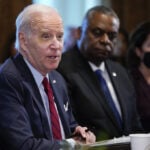 China says US is 'playing with fire' after latest military aid for Taiwan
China says US is 'playing with fire' after latest military aid for Taiwan
 Winter is hitting Gaza and many Palestinians have little protection from the cold
Winter is hitting Gaza and many Palestinians have little protection from the cold
 China calls Taiwan a 'red line', criticises new US military aid to island
China calls Taiwan a 'red line', criticises new US military aid to island
 Trump says he might demand Panama hand over canal
Trump says he might demand Panama hand over canal
 Howard throws 2 TD passes to Smith to help Ohio State rout Tennessee 42-17 in CFP
Howard throws 2 TD passes to Smith to help Ohio State rout Tennessee 42-17 in CFP
 JuJu Watkins and No. 7 USC hold off Paige Bueckers and fourth-ranked UConn 72-70
JuJu Watkins and No. 7 USC hold off Paige Bueckers and fourth-ranked UConn 72-70
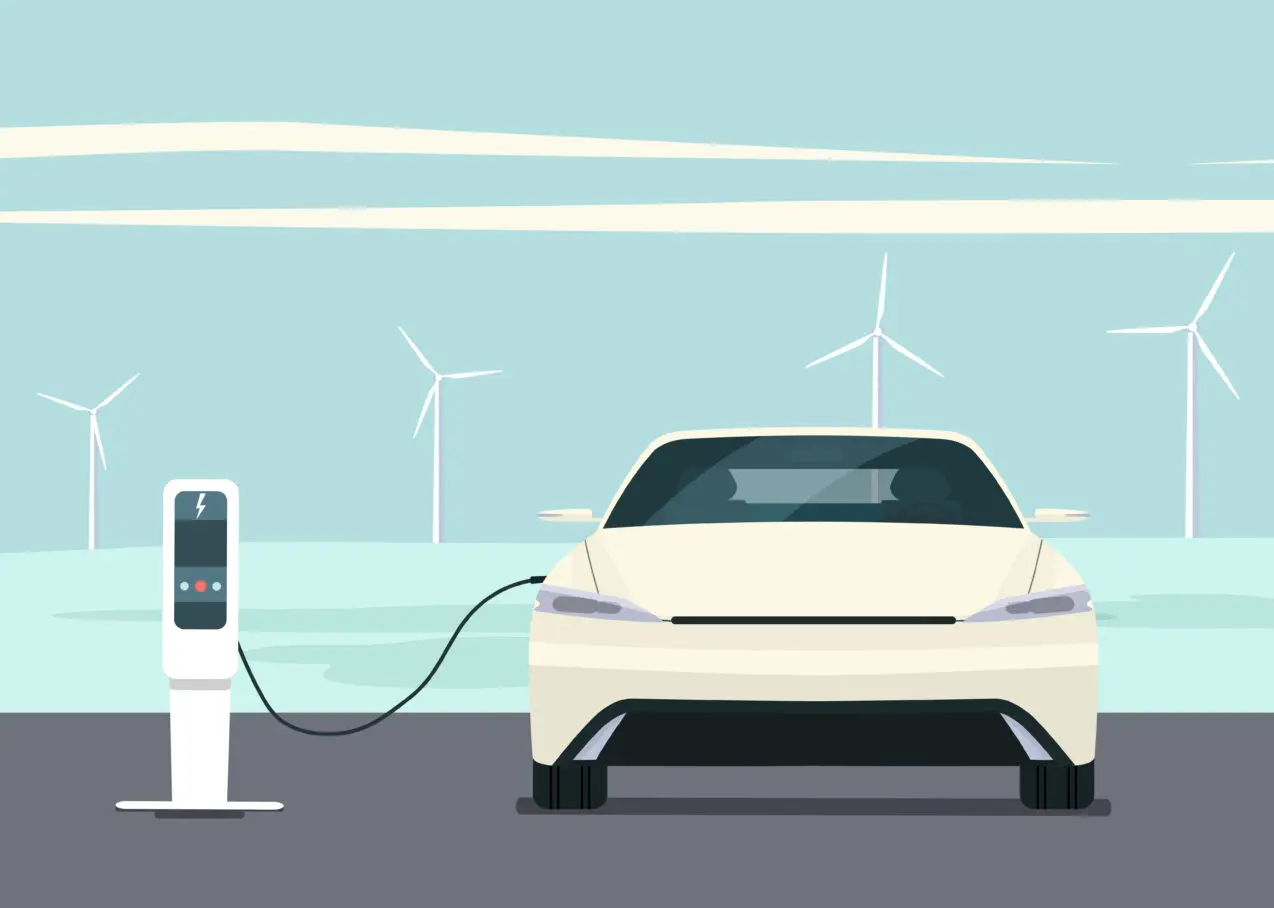 California reaches 2 million zero-emission vehicles sold, leading the nation in clean vehicles. Newsom plans to revive state rebates.
California reaches 2 million zero-emission vehicles sold, leading the nation in clean vehicles. Newsom plans to revive state rebates.
